No one likes having an ant problem in the kitchen. Having an ant infestation means any food you leave out becomes instantly covered in swarms of the little critters. Beyond being a mere annoyance, ants can also be a real problem for sanitary reasons since they cause food to rot.
Tiny ants on the kitchen counter are a sign that there are much more of them close by. While it may not be easy to get rid of ants, there are plenty of ingenious ways to keep small ants in the kitchen at bay.
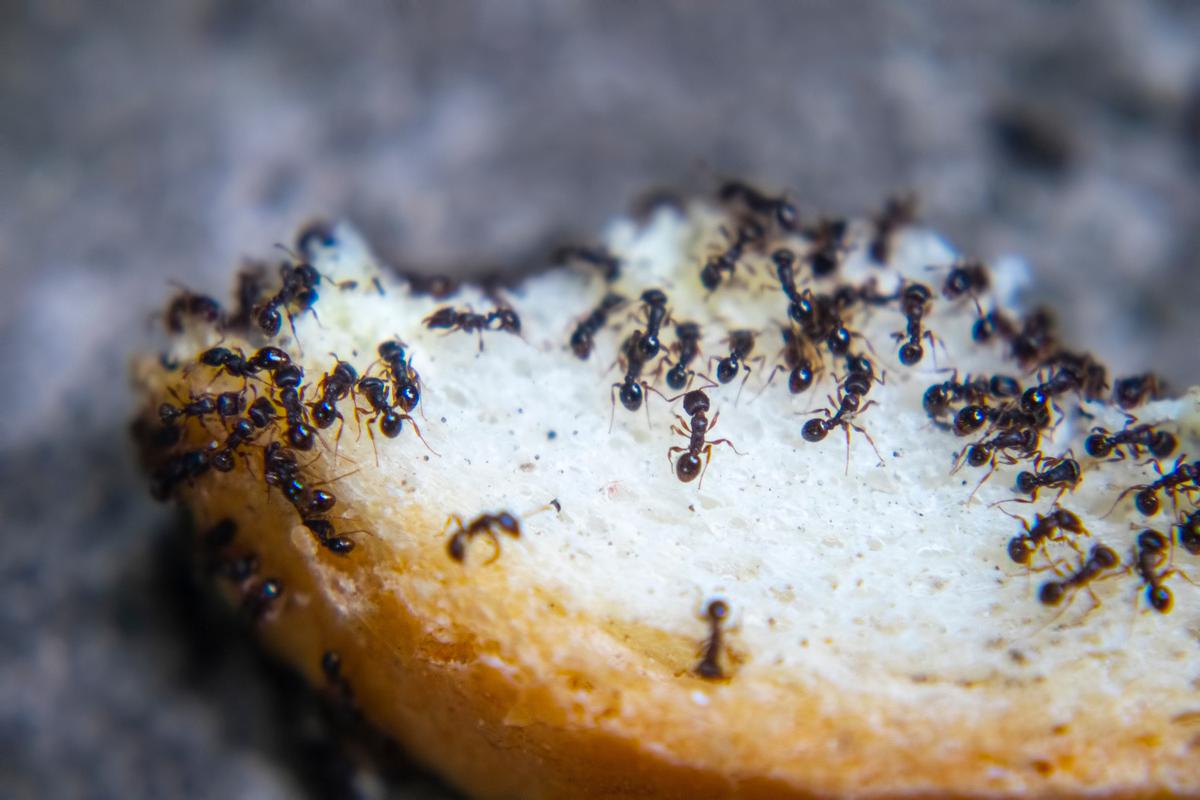
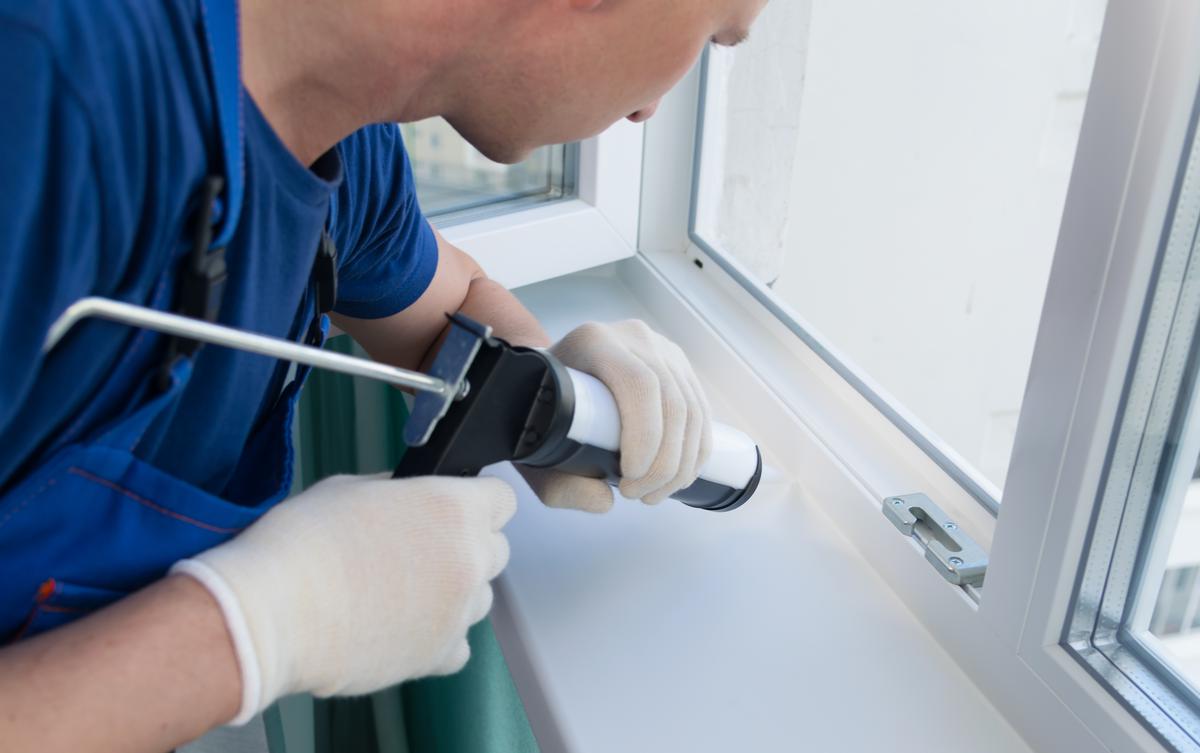
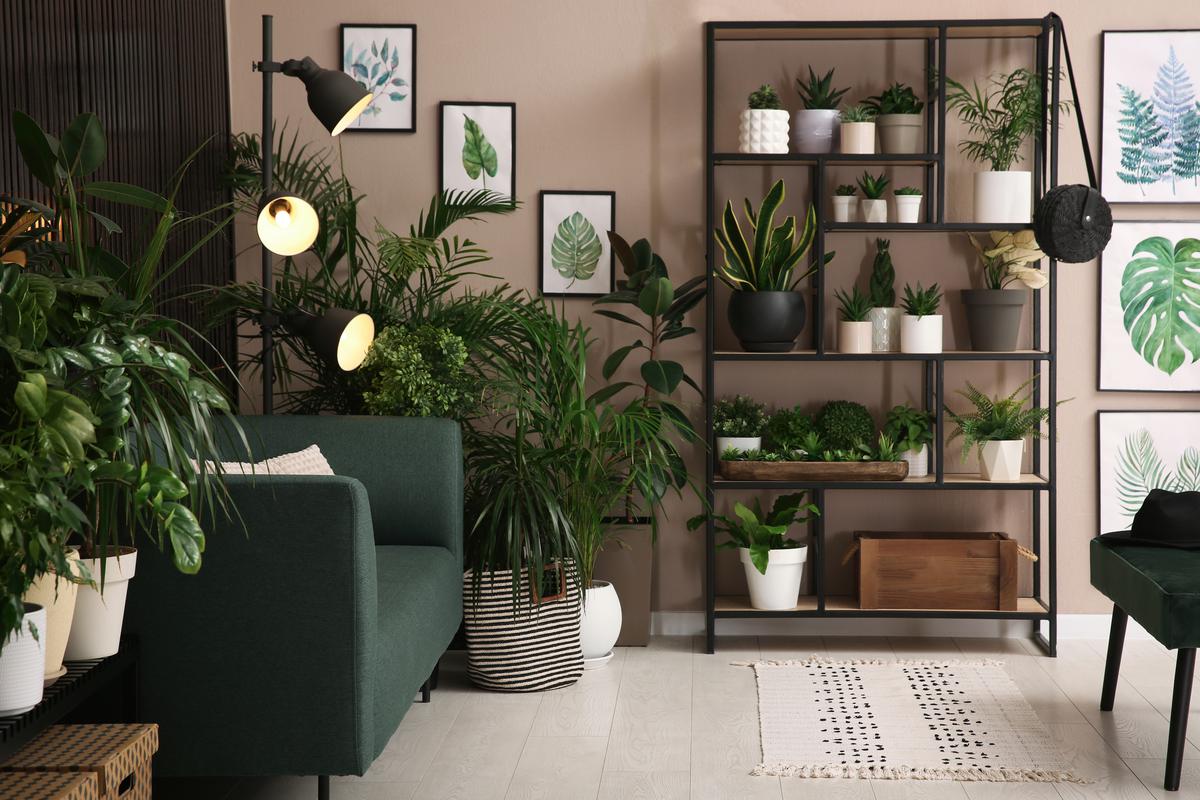
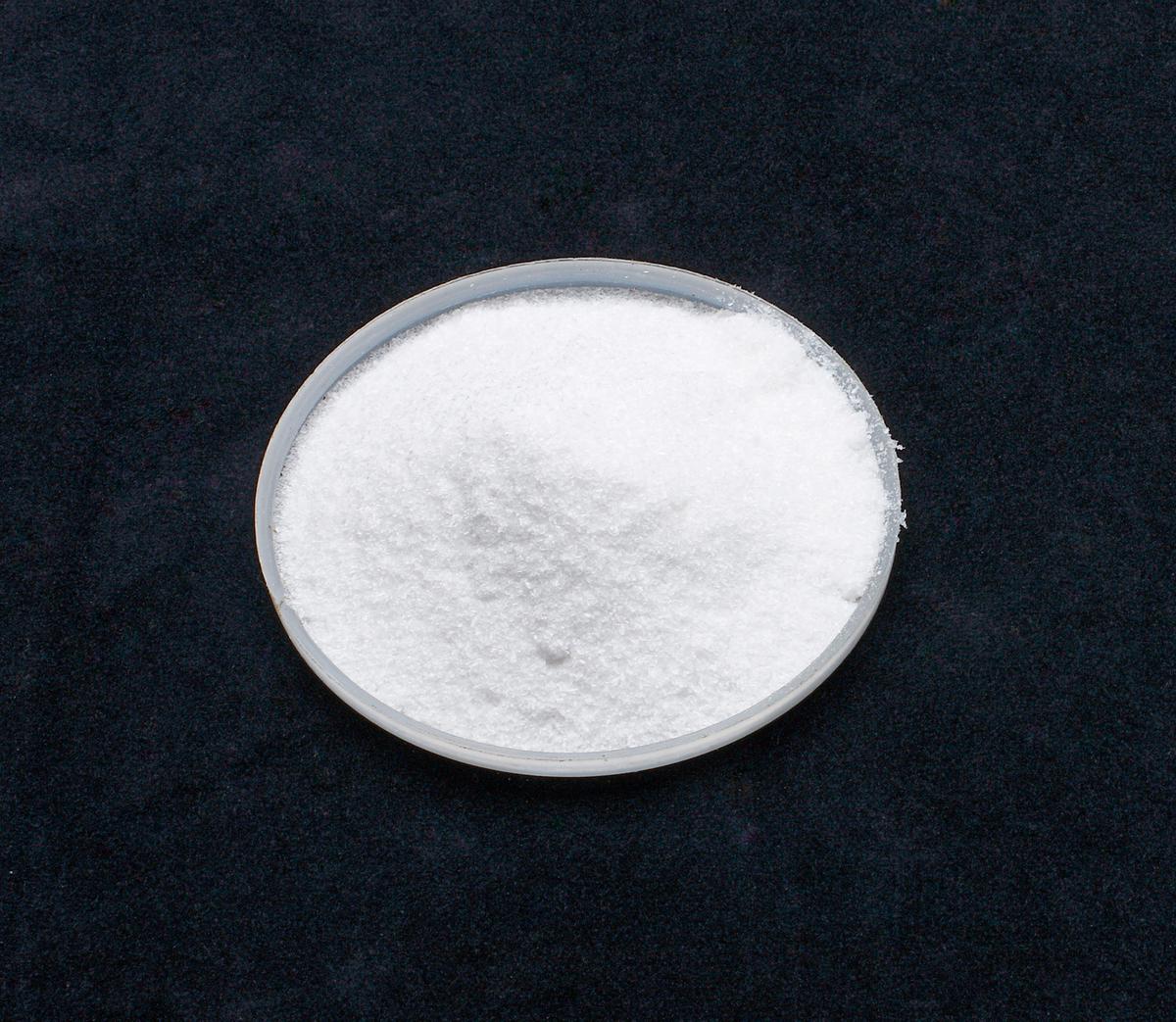
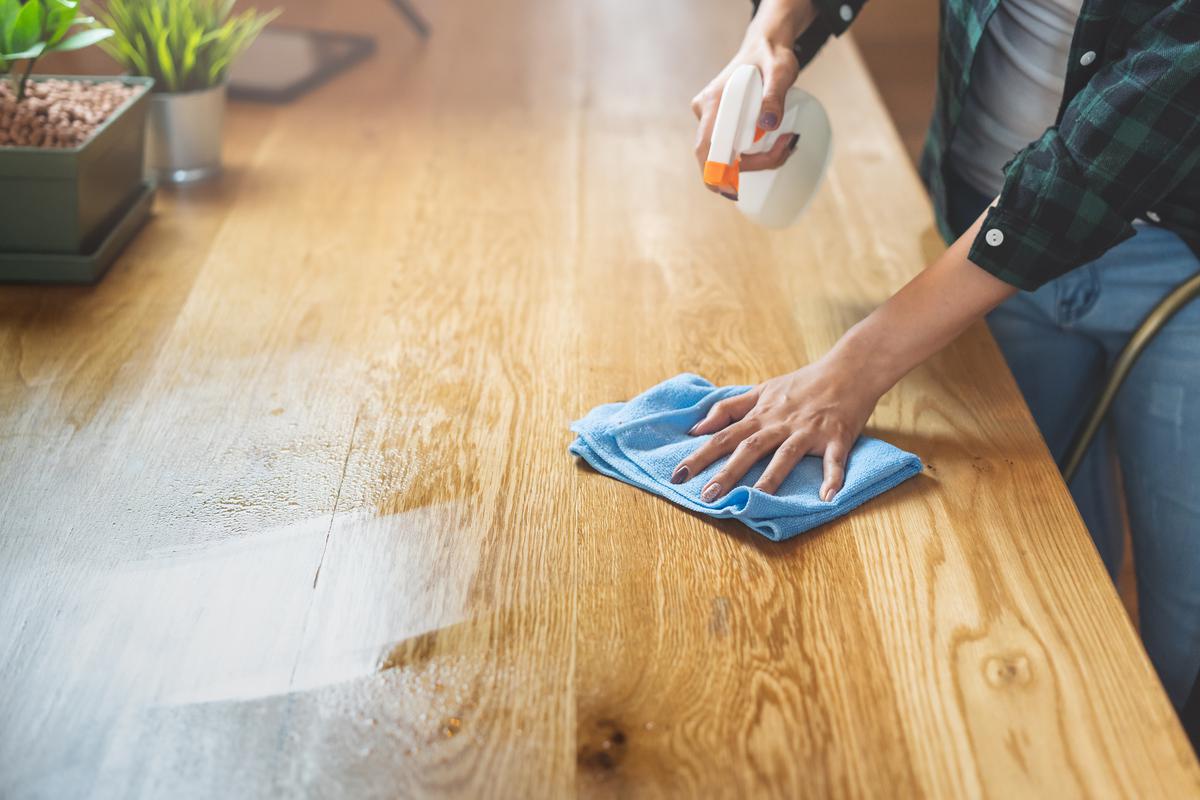
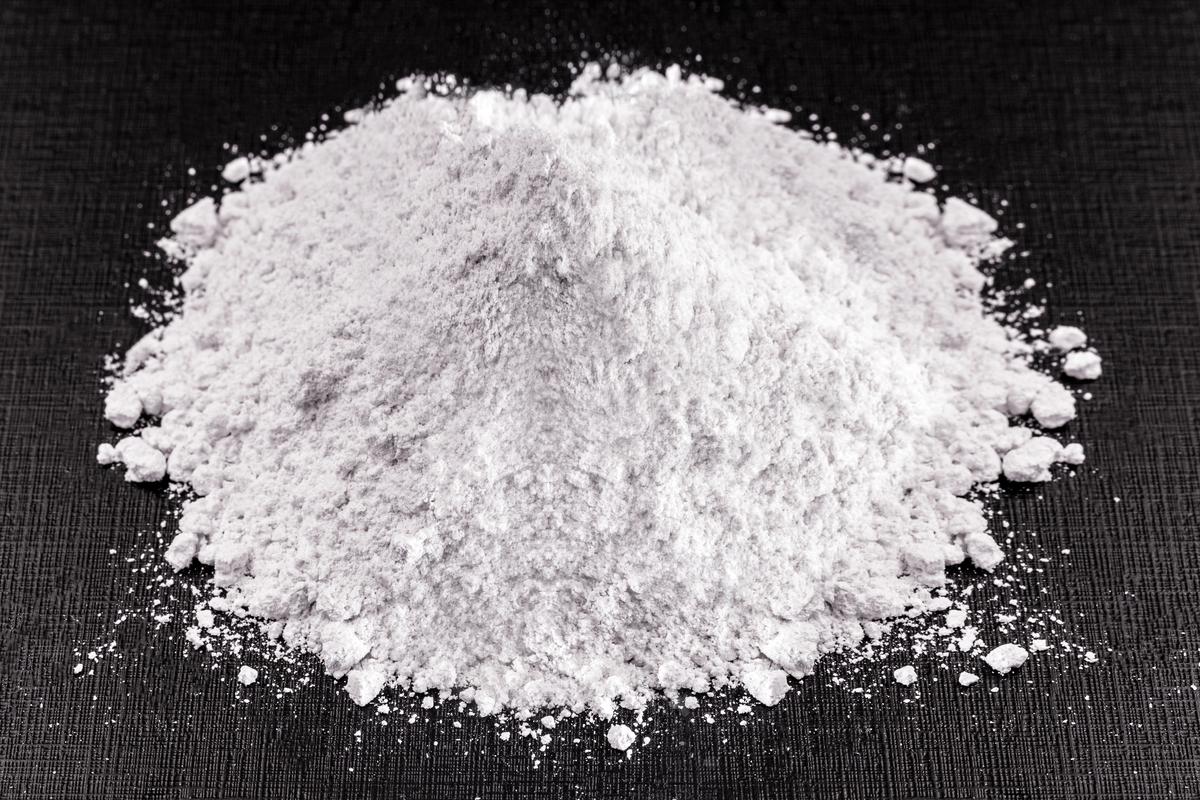
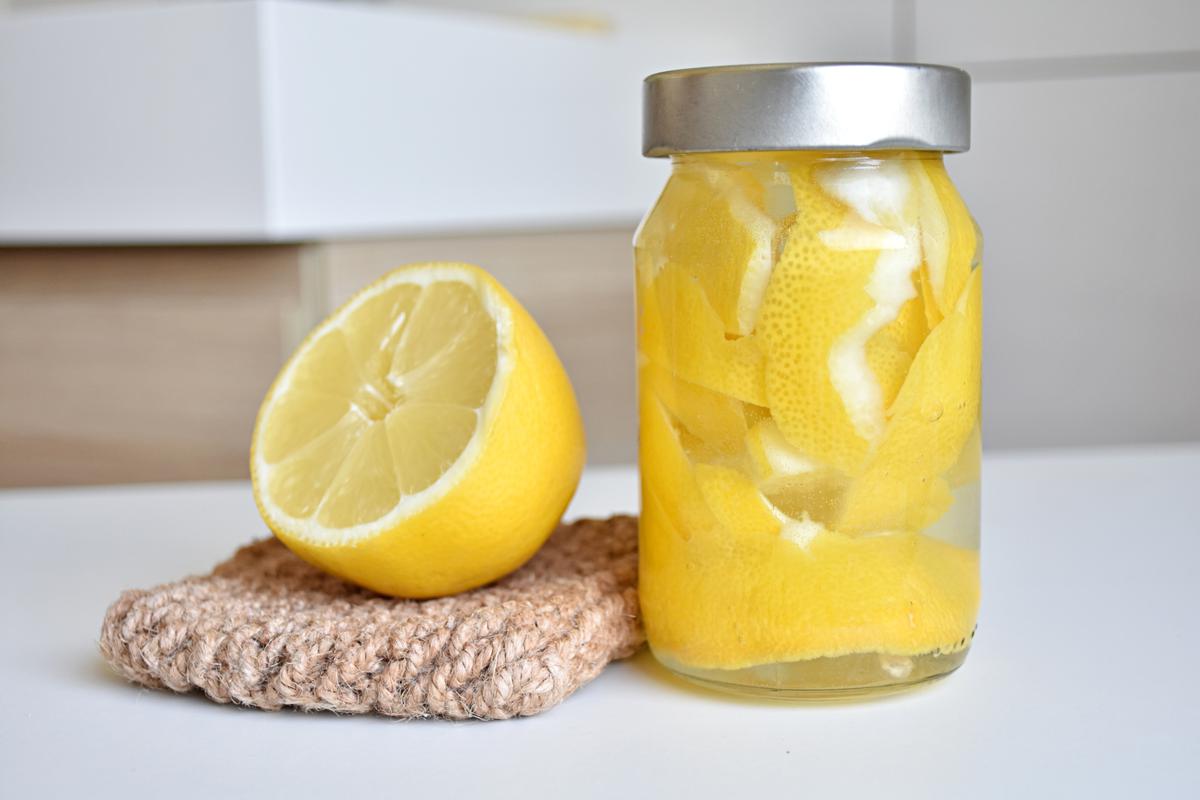
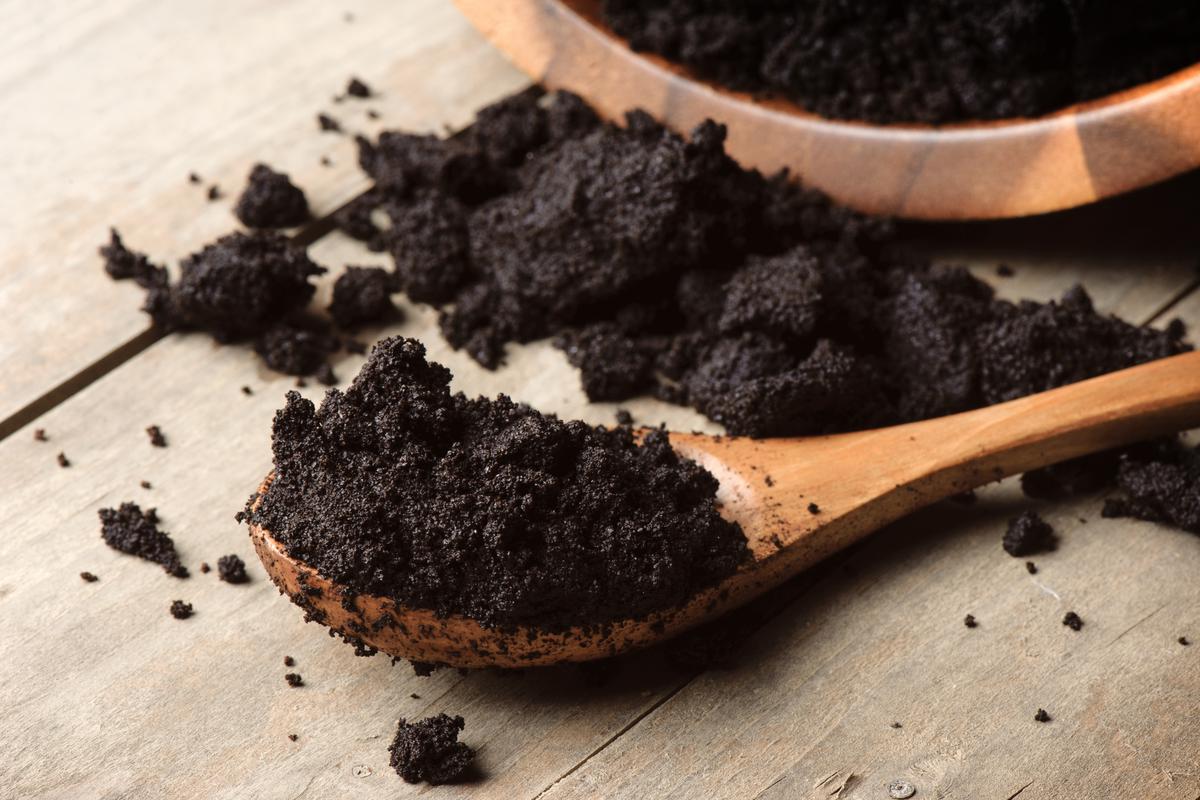
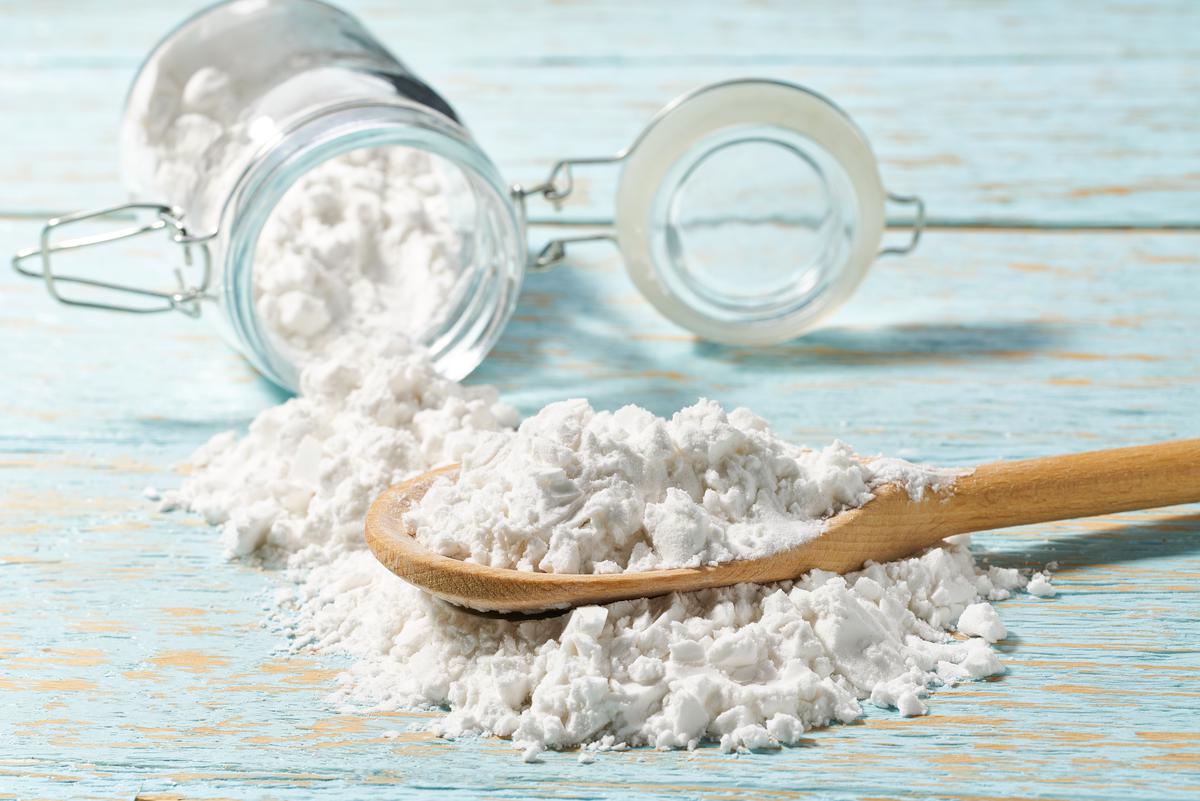
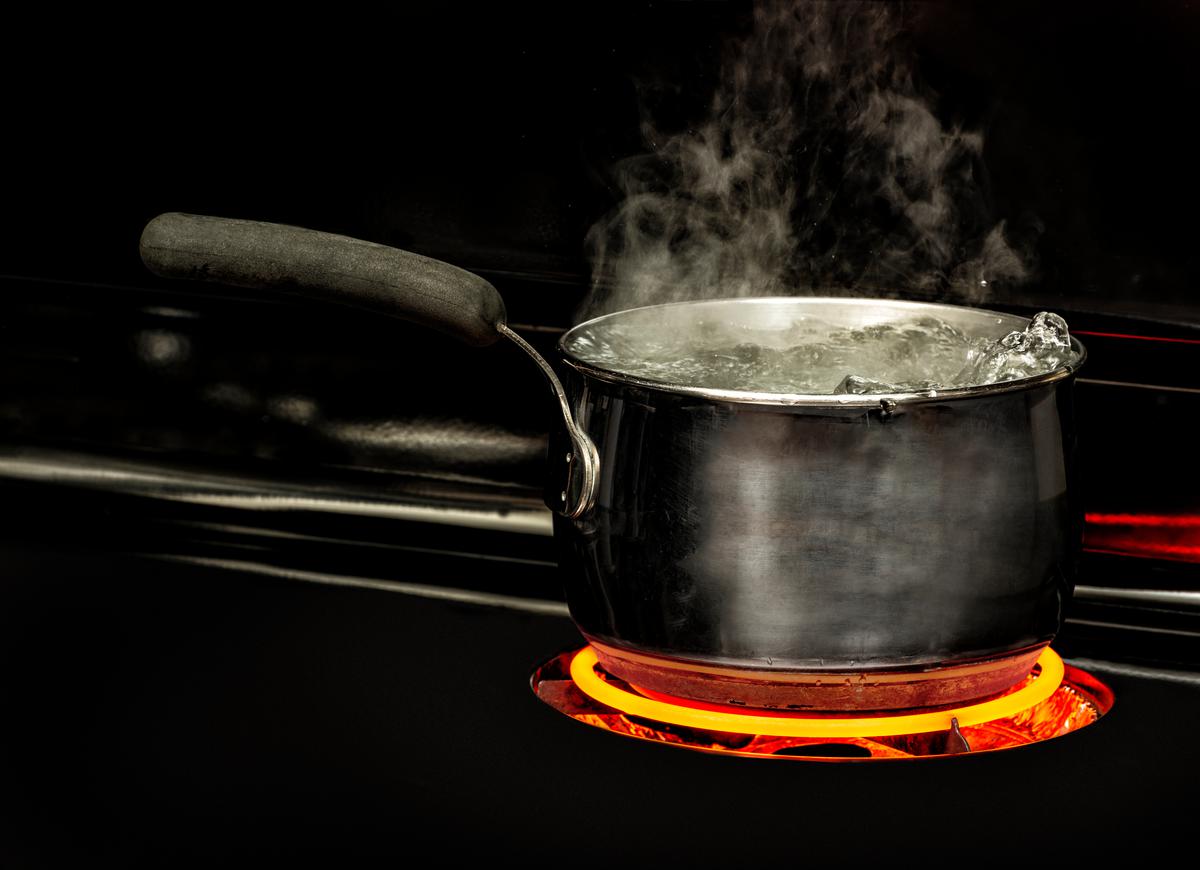

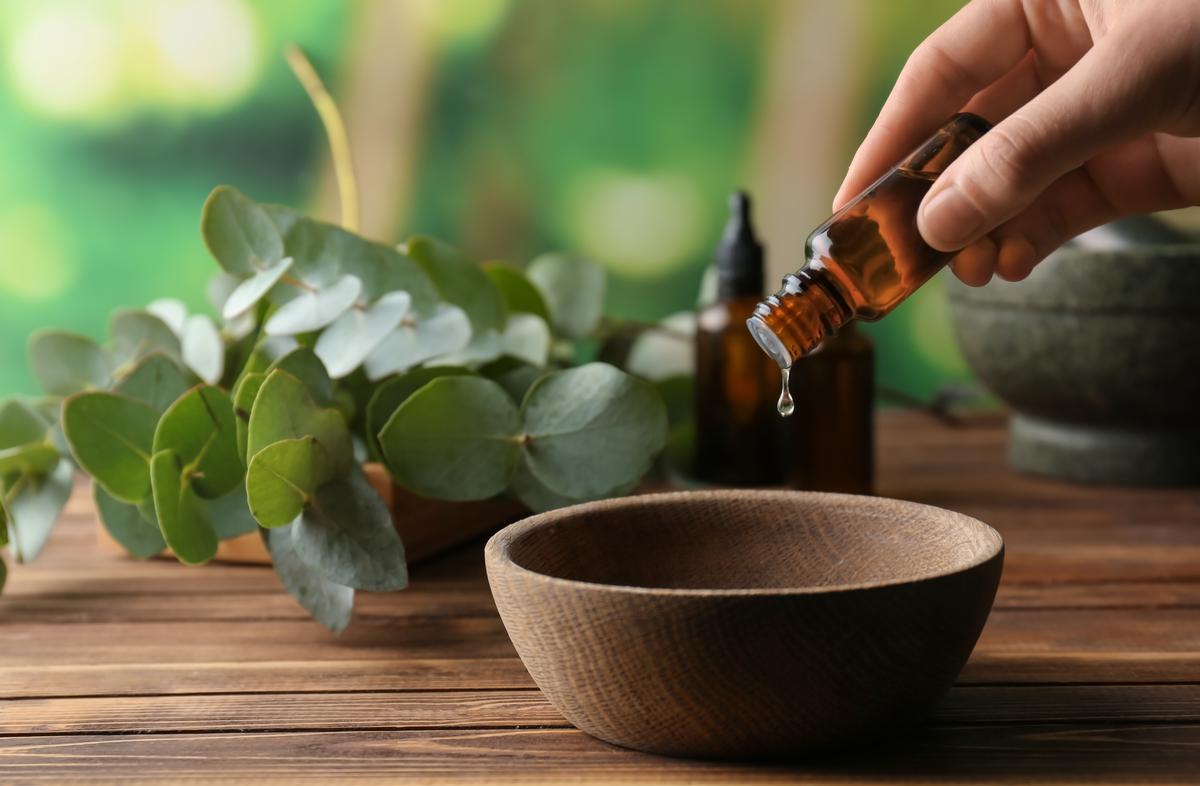
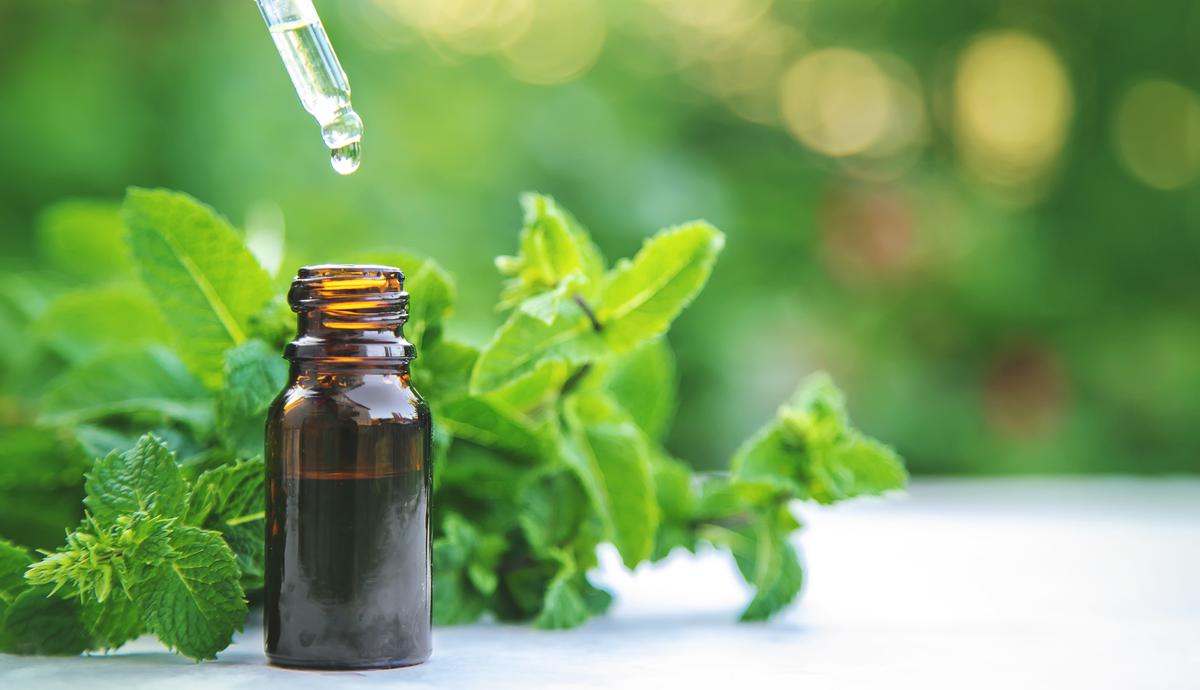
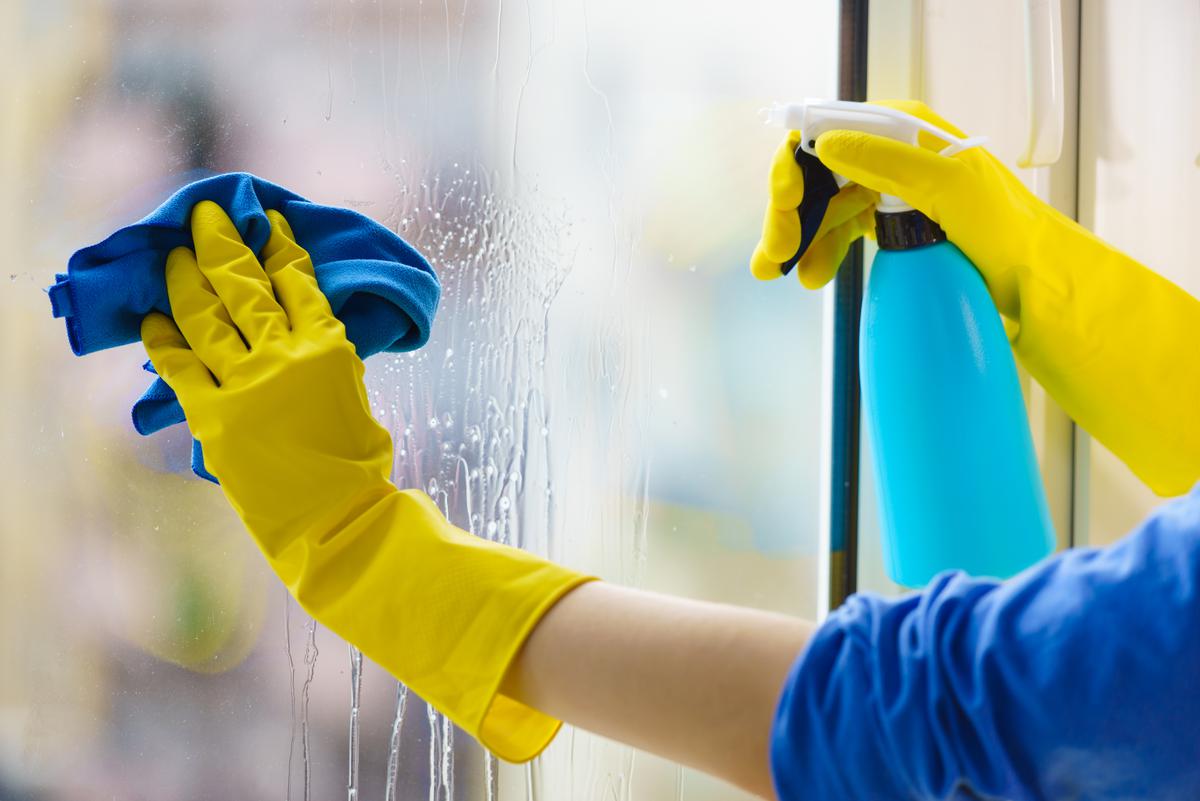

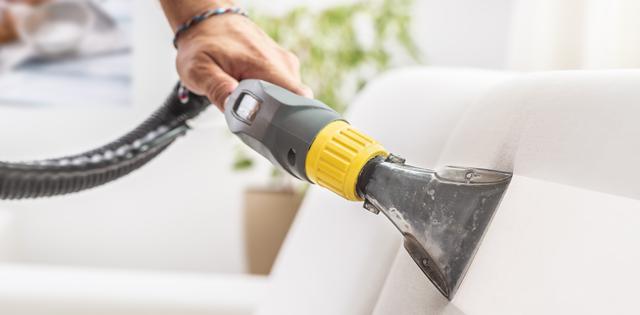


comments